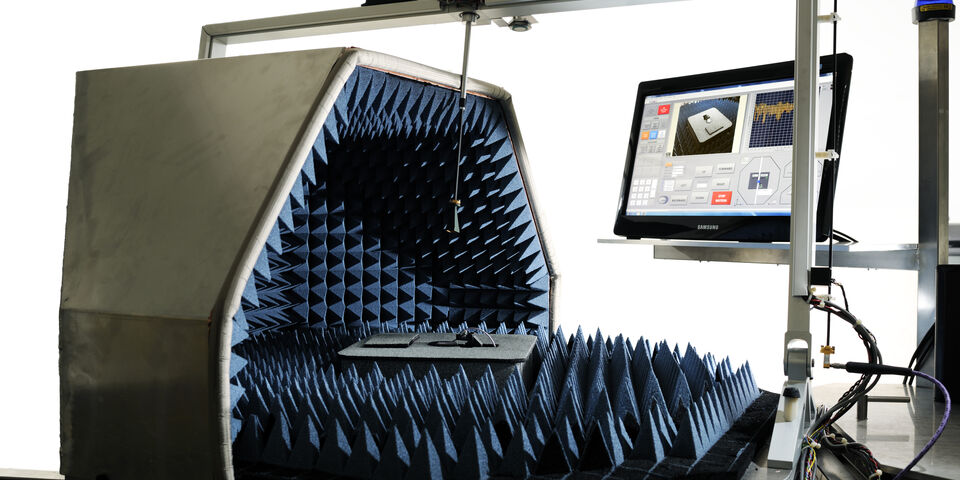TU/e to develop 5G technology with European grant
A European research project, led by TU/e, will develop wireless technology for 5G, the next generation mobile internet that aims to increase the speed of the current 4G network by a factor of 100. The consortium, which includes telecom companies Ericsson and NXP, has acquired a Marie Curie grant of more than 3 million euros from the Horizon 2020 European funding program.
With the constant growth of data usage, the current 4G network for mobile internet is expected to hit its ceiling within a few years, so the next generation of wireless technology needed to be able to sustain that growth is being investigated. This future ‘5G network’ will have to enable speeds of up to 10 Gbit/s, a hundred times faster than is possible with the current 4G. In addition, the capacity – the amount of data the network can handle – will be a thousand times greater.
Antenna systems
A European consortium, led by TU/e, will develop the technology for a future 5G network. The researchers will focus mainly on a new type of radio antenna that is able to process signals of 30 GHz – which is essential for achieving high data speeds. Today’s 4G antennas are working in a regime below 3 GHz. The researchers will develop an innovative base station in which up to a thousand antennas can cooperate and where a substantial variation in signals is possible.
European grant
In the project, known as SILIKA, TU/e is working with Chalmers University (Sweden), KU Leuven (Belgium) and the companies NXP, Ericsson and Orban Microwave Products. The project has been awarded a grant of around 3 million euros form the Marie Curie ITN program of the European Horizon 2020. This money will enable the appointment of 12 PhD students.
More TU/e research honored
Apart from this project, four other project proposals involving TU/e researchers have been honored with a Marie Curie grant. It concerns Erwin Bente (Electrical Engineering), Paul Koenraad, Sander Nijdam (both Applied Physics) and Jan van Hest (Biomedical Engineering / Chemical Engineering).
Source: Pressteam TU/e


Discussion